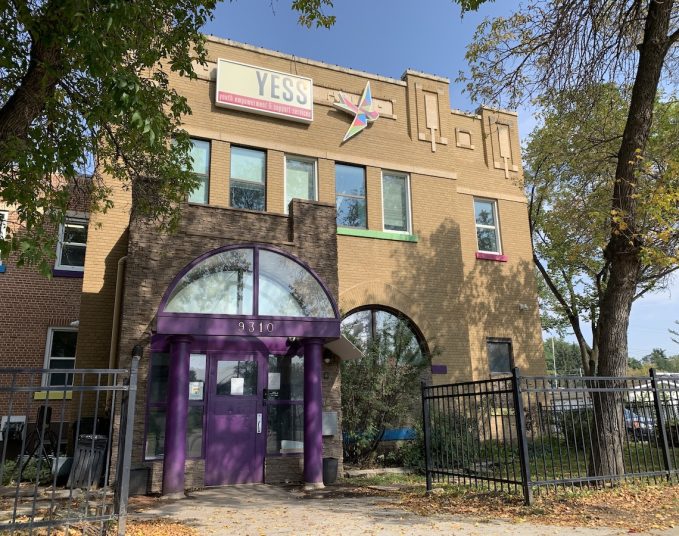As a dad, I know the “I’m deeply disappointed in you” speech has a special sort of cachet. I don’t pull it out often, but when I do, it tends to go a lot further than threats of grounding or taking away the PlayStation.
It is a deeply special thing, saved only for extreme circumstances.
So, imagine when I saw the mayor of this fine city pull out the “deeply disappointed in you” speech… on his own council.
It happened this week, after council voted 7-5 to place a partial sunset clause on the proposed Mustard Seed project in the Chinatown/McCauley area. The 124-bed facility will offer wraparound, supportive housing for individuals in need — and offer medical care to the houseless, as well as preparations for hospital stays.
While council voted to support the segment of the shelter that will offer the supportive services, it placed a sunset clause on any emergency-shelter use. That will expire on July 1, 2025.
And it led to a scolding from Mayor Amarjeet Sohi.
“This project deserved more from this council,” he said.
Councillors Jennifer Rice, Erin Rutherford, Jo-Anne Wright and Michael Janz joined Sohi in opposing the sunset clause.
But why would the clause be needed in the first place? Because of the concern that more than 85 per cent of shelter beds in the city are concentrated in the Chinatown area. The City has a goal to spread out the shelters through the city, and ease the burden on Chinatown, but it hasn’t been realized, yet.
“The current concentration of shelters in our neighbourhood has led to numerous challenges that are impacting the well-being of residents, businesses and the homeless population alike,” said Wen Wang, the executive director of the Chinatown and Area Business Association as he voiced his opposition to the project. “We have voiced many, many times that we cannot handle the pressure and it will only worsen with the approval of this project.”
Samantha Lowe, senior director of shelter services for the Mustard Seed, said “it is incredibly challenging to run a shelter under a sunset clause… It’s incredibly challenging to hire long-term staff and incredibly challenging to find an operational building. This one needed to be adapted to ensure it is accessible to individuals of all needs. It’s hard to find buildings. It’s hard to find zoning.”
And while Lowe said she respects the need to decentralize social services, and to take the burden off Chinatown/McCauley, she has to deal with present-day problems.
“The need is very much evident in this area,” she said.
As well, because operational funding comes from the province, certainty is important for charitable organizations.
As the debate went on, Sohi urged council to not go for the sunset clause, and heed Lowe’s advice.
“I think this is a very risky proposition to think about putting a sunset clause on a project that is so vitally needed in our city,” said Sohi. “Ever since I got elected, I’ve been working tirelessly to convince other orders of government that we have a crisis in houselessness, mental health and addictions. People need support. And, I think we need to show our unwavering commitment to projects such as this, in order to give certainty and predictability and come across that we’re serious and authentic about our approach.”
As for the voices from Chinatown that say the neighbourhood is overwhelmed? “I understand community concerns, I deeply feel for it and I will do what I can in my capacity,” Sohi said.
Coun. Andrew Knack, the most vocal proponent of the clause, said it’s important to show Chinatown that the City is committed to spreading out the burden of shelters to other parts of Edmonton.
“We do owe it to the community to have a deadline, to have something we’re working towards.”
He warned that, while council has pledged to decentralize these needed social services for the houseless, it is always approving “one more project” in Chinatown.
“I’m worrying about never trying to strive to get in other places,” said Knack.
The new zoning bylaw, which is set to go into effect in 2024, will allow more flexibility when it comes to allowed uses — and that should, in theory, make it easier for “health and community services” to be approved.
Savvy AF. Blunt AF. Edmonton AF.




